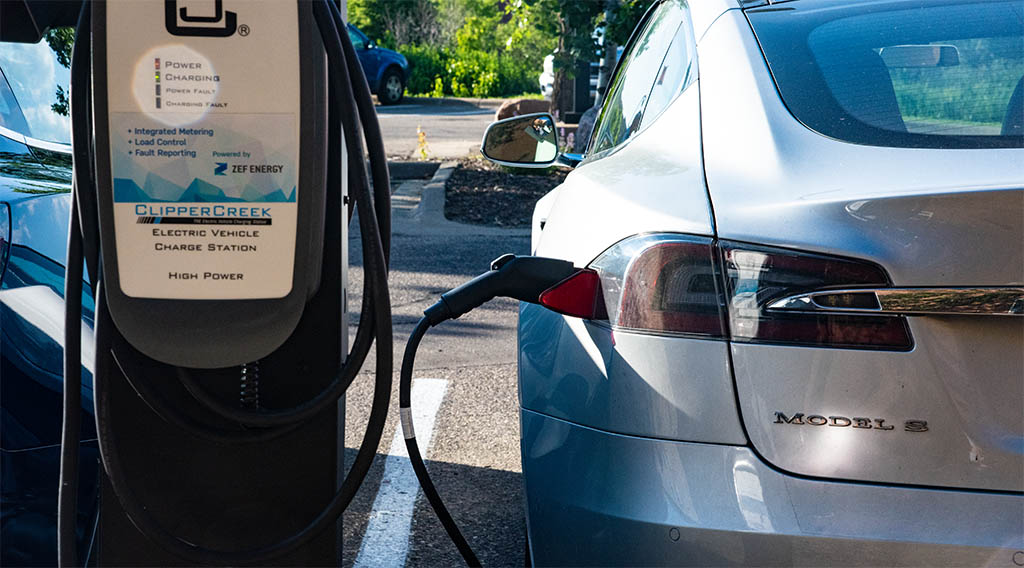New Electric Vehicles Use Battery Charge Less Efficiently Than the Very First Electric Cars
Cararac.com investigated 214 electric vehicles and found that only 5 companies out of 76 have produced 4 or more EV models that are serious contenders on the market
According to a new study by Cararac.com, new vehicles powered by electric motors use their battery charge less efficiently than the first mass-production EVs.
Investigation methods
The statistics about electric cats shows such market leaders in terms of models
Electric vehicle body types
Cararac.com gathered information about 214 vehicles with only electric motors and compared their specs and key features. They also compared the features of these EVs to the specs of vehicles with internal combustion engines.
Key findings
- New electric cars use their battery charge less efficiently than the very first models
- 5 companies managed to produce 4 or more models each
- Electric vehicles accelerate 14.1% faster than gasoline or diesel cars
- EVs can drive, on average, 197 miles (316.9 km) without recharging
Are modern EVs more efficient?
Certainly not. Modern electric cars show less energy efficiency than the early cars of 2009–2013. It was found that modern cars have greater power and a much bigger battery capacity, but they still have only a slightly longer driving range without recharging.
How many car companies produce EVs?
They counted 76 companies with EVs on the market, but 46 of them produced only 1 car each. The leader is Volkswagen with 7 models. European manufacturers seem to be the most active and productive in this area.
Are electric cars faster than gasoline and diesel ones?
EVs have proved to be, on average, 14.1% faster, showing good results in acceleration even with smaller engines than gasoline and diesel cars. It was found that the probable reason for this is the early torque on electric motors and CVT types of transmission with no shifts.
What’s the real driving range and consumption?
Cararac.com took the driving range figures provided by manufacturers and applied battery capacity in order to find out an EV’s real energy consumption. It appeared to be 18.1 kWh per 60 miles.
The full investigation is here: https://cararac.com/blog/we-analyzed-214-electric-vehicles-here-s-what-we-learned.html
Category: Electric Vehicles, Engines & Drivetrains, Equipment, Featured, Fuel & Oil, General Update, Green, News, Vehicles











